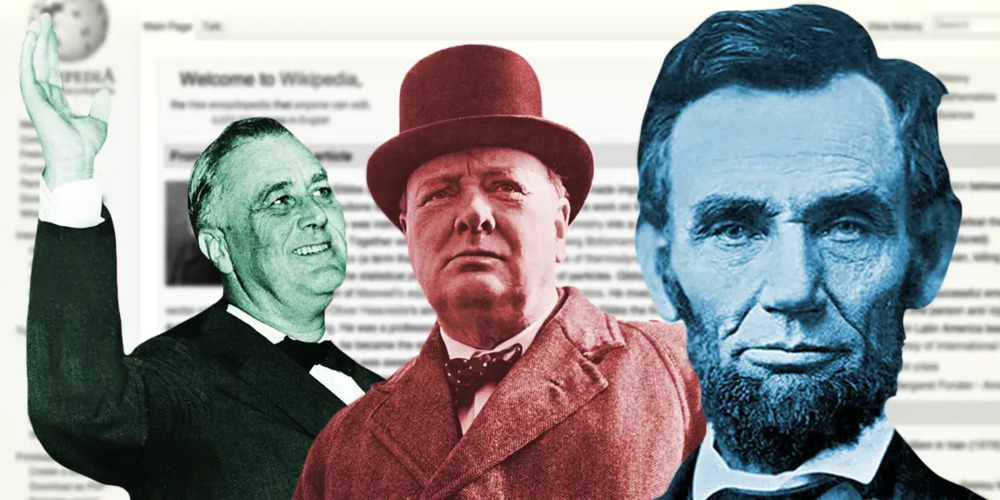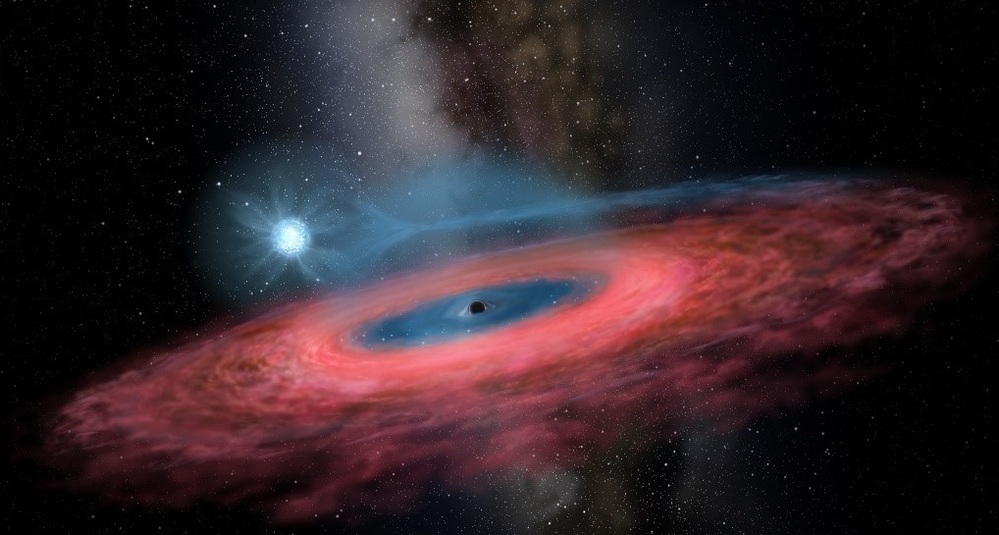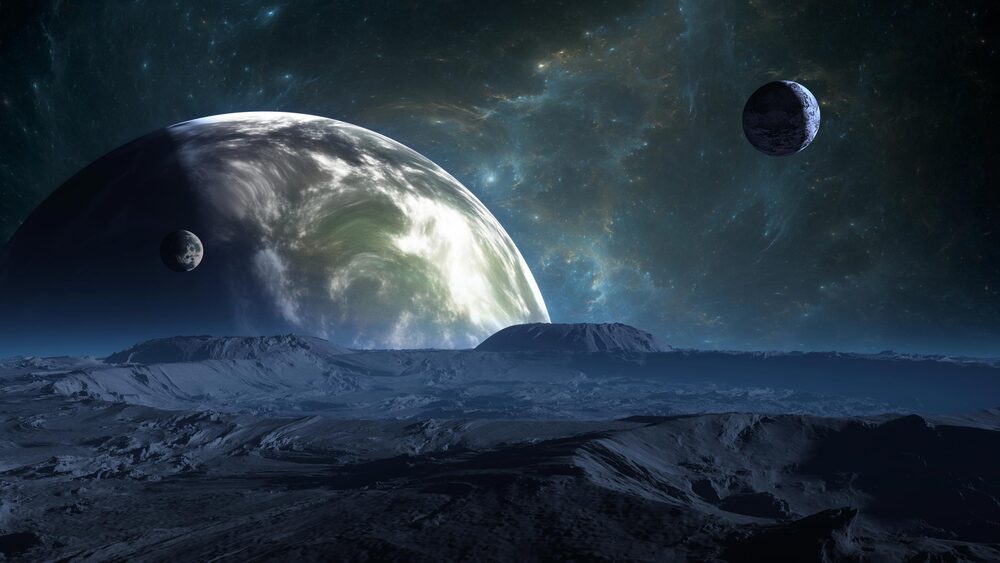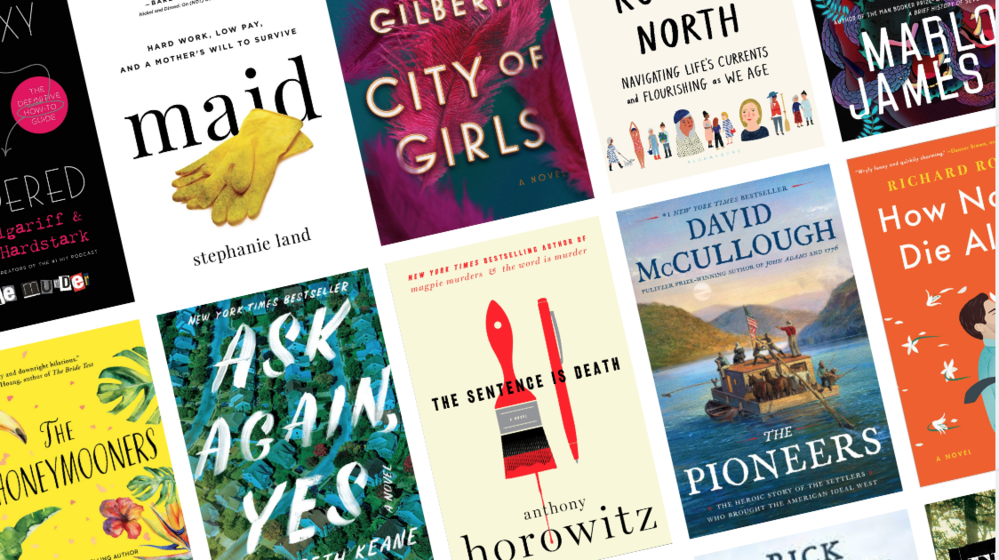-
Homer Simpson
The Simpsons first episode aired in December 1989 and is now the longest running scripted television show in history (overtaking Gunsmoke in 2009). It is an animated sitcom that portrays middle class life in the US through a satirical lens that parodies every aspect of American culture without fear or favour.
The Simpsons has been awarded numerous awards and holds a number of world records. It has a Star on the Hollywood Walk of Fame and Homer’s exclamation “D’oh!” has been added to the Oxford English Dictionary. It holds the Guinness Book of World Records for the most Guest Stars featured in a television series. Its creator, Matt Groening, is estimated to be worth $500 million.
The show has run in over 90 countries, reaching an audience in the billions. It has also spawned numerous other prime-time animation shows that have gone on to fill their own niches.
Homer Simpson is the main character. An inept but loveable husband and father, Homer represents the worst and best about the average male. He is fat, lazy and stupid and can think of little other than the next beer or hotdog. He constantly borders on total disaster and failure and yet always manages to get through.
What is possibly his most endearing feature is his ability to find unabashed joy within a totally mediocre existence. And he loves his family above all else. With his influence and exposure, that message is going out to hundreds of millions of people every year and for that he gets on this list.
-
Adolf Hitler
Although it goes against the grain to give Hitler recognition of any sort, there is no denying that he had an incredible impact on the world. As much as the scale of the horror that was inflicted on so many people in World War II, both military and civilian, is immense beyond rationale understanding, there are, perversely, positive impacts from the war as well.
In terms of influence, Hitler was responsible for WWII and that influenced, as the name suggests, most of the world. The impact throughout Great Britain, mainland Europe, the Middle East and North Africa and the USA was immense. It’s hard for us now to imagine what six years of war on this magnitude would be like. Every aspect of life in these regions was totally altered. Perhaps less so in the US because the war was not fought on US soil, but absolutely in every other respect.
The war came at the end of a decade of depression around the world and while the destruction wrought by the war was unequalled, so was the rebuilding after the war. Technical, manufacturing and medical advances made through necessity during war were now able to be used for peaceful purposes and by the 1950’s the world was entering a very positive growth phase. In many ways that growth phase had continued to the present.
Hitler’s influence on the world was incredibly negative, but the world’s response was in many ways incredibly positive. Testament to our resilience for sure.
-
Charles Darwin
Charles Darwin was an English geologist who, on graduation from Cambridge University in 1831, took up the role of naturalist on the H.M.S Beagle for a five year voyage surveying South America and Australia.
The information he gained on this voyage not only established his credentials as a geologist, it became the basis for his theory of evolution by natural selection. Within three years of completing his work on the Beagle, Darwin had formulated his theory but it would be twenty years before his book, On the Origin of Species, was published in 1859.
This ground breaking work established that all species of life came from common ancestors and that it was the process of ‘natural selection’ that powered evolution based on every creatures battle for survival.
While his theory had obvious logic, it was the weight of evidence he had collected on the Beagle that provided the overwhelming evidence needed to validate the theory in scientific circles. His work was recognized as one of the unifying theories of all life, not just animals, explaining the diversity of plants and animals across the globe.
This all seems relatively obvious now, but two hundred years ago it was preposterous to think that man might have evolved from apes. It was said that On the Origin of Species was as ground breaking as the advent of Christianity.
The acceptance of Darwin’s theory on natural selection opened the doors to understanding life on earth in a way that was impossible previously.
Gotta watch this!
-
Albert Einstein
Albert Einstein completed training as a physics and mathematics teacher as well as a doctor, but it was his incredible work in physics that made him one of the most influential thinkers in history.
In 1905, at the age of just 26, Einstein published four articles that covered the Photoelectric effect, Brownian motion, Special relativity and Matter-energy equivalence. These papers delivered to the world Quantum theory, Atomic theory, an update on the Laws of mechanics and E=mc2, the relationship of mass and energy.
In an instant (well, most of 1905) he had laid the foundations for modern physics and given subsequent physicists, inventors, scientists and entrepreneurs everything they needed to go on and develop televisions, computers, CD’s, DVD’s, cameras and really any type of electronic or digital device. These are just some of the consumer devices Einstein’s theories made possible. His influence on all manner of technology can’t be underestimated.
What we as lay people don’t understand as easily, is the impact Einstein has had on our understanding the universe, space travel, gravity, time and matter and perhaps we are yet to see the full impact of Einstein’s work
It is impossible to think what the world would be like if Einstein, the greatest scientist of all time, hadn’t come along.
A full documentary on Einstein. Grab a coffee and enjoy, it’s great.
-
Alexander the Great
In the year 336 BC, Alexander III of Macedon, better know as Alexander the Great, took control of Macedonia (a subset of current day Greece) at the age of 20 after the assassination of his father Philip.
His father had established a strong army and had already instigated plans to expand the kingdom into Persia. Alexander acted on these plans and by the age of 30 had created one of the biggest empires the world had seen, occupying the current day territories of Greece, Turkey, Syria, Israel, Egypt, Iraq, Iran, Afghanistan and Pakistan.
At one point Alexander held the titles King of Macedonia, Pharaoh of Egypt, King of Persia and King of Asia.
Alexander displayed great strategic military thinking as well as bravery throughout his rule. As a military leader he is considered one of the greatest of all time and modern military colleges still reference his campaigns.
But equally important was his strategic thinking on how to consolidate the vast new territories. He instigated a process of mixing people and cultures throughout the kingdom and often kept conquered rulers in place to maintain control. Alexander successfully transplanted elements of Macedonian culture in the new kingdoms and these cultural influences could be seen for many centuries after the empire collapsed.
He established new cities in conquered territories, most famously Alexandria in Egypt. Many of these cities continued to grow well after Alexander’s death, forming important population points on trade routes.
The Romans modelled many of their military tactics on Alexander, creating a new empire even bigger than Alexanders.
To this day Alexander is important in Greek folklore and there are references to him as far away as India.
-
William Shakespeare
Shakespeare was a playwright, poet and actor who was born in England in 1564 and died there in 1616. He is generally acknowledged to be the greatest writer and dramatist ever.
His works, including 38 plays, have been translated into most languages in the world and more than 400 years after being written are still the most performed and most watched plays around.
The quality of Shakespeare’s work has had a profound impact on the dramatic performance industry, those who study the English language and playwrights and writers more generally around the globe. Untold numbers of famous writers ‘grew up’ on Shakespeare.
But his influence doesn’t stop there. The very structure of written English was changed by Shakespeare as his work was used to help standardize the language. Words, phrases and new grammatical structures that had been created by Shakespeare were added to formal English.
A large percentage of the world’s population would not communicate like we do today without Shakespeare’s influence, and the majority of the artistic world would be a substantially poorer place without him.
To be, or not to be. That is the question. Whether ‘tis Nobler in the mind to suffer the slings and arrows of outrageous fortune, or to take arms against a sea of troubles, and by opposing end them? To die, to sleep…
-
Karl Marx
Karl Marx was one of the most influential thinkers of the 19th century, particularly in the critical areas of social science, economics and philosophy. His philosophies became known as Marxism.
In his book the Communist Manifesto (written with Friedrich Engels) he created the idea of ‘revolutionary socialism’ which basically said that the proletariat, the working class, had to rise up and revolt against the bourgeoisie, the wealthy ruling class, in order to move a society to socialism. It was not possible to move from capitalism to socialism without a revolution and Marxism was all about moving to socialism because capitalism was doomed. And bad.
While he admitted that a revolution need not be violent, Lenin, Mao, Trotsky and many others took to the violent course with gusto.
Throughout much of the 20th century various offshoots of Marxism dominated world politics. Russia, Eastern Europe, China, Vietnam and South East Asia more generally, South and Central America and Cuba were all states that embraced socialism.
From 1945 to 1991, the Cold War and the related threat of atomic war were, to some extent, a result of Marxist philosophy.
-
George Washington
George Washington was a general in the north American colonial armies and subsequently became their commander-in-chief through the American Revolutionary War. Following the war George Washington was elected the first President of the United States in 1789, serving two terms.
Prior to being elected President, Washington had served as president of the Constitutional Convention held in Philadelphia in 1787 and was key to having the new Constitution ratified.
Washington is one of the Founding Fathers of the United States of America for his various roles in the signing of the Declaration of Independence, the Revolutionary War and the creation of the United States Constitution.
As the first President of the US, Washington was responsible for setting the framework for just about anything to do with running the country and he did this exceptionally well and with the long term in mind. This included governing the nation in the context of the individual States as well as setting the agenda for foreign policy.
George Washington had an enormous impact on the creation of the United States of America and given the influence the USA has had on the world, particularly in the last 100 years, that makes him one of the most influential people in history.
Image courtesy of wikimedia.org
-
Aristotle (384-322 BC)
Aristotle was a Greek philosopher whose greatest and most lasting influence on the world was to create classifications of human knowledge, essentially laying the foundations for a range of disciplines across the breadth of human endeavour.
After being trained in medicine (his father was the Macedonian royal family’s physician), Aristotle went to Athens and studied philosophy under Plato (who had studied under Socrates), staying at Plato’s Academy for almost twenty years.
He famously tutored the son of Philip of Macedonia, the 13 year old Alexander who would later have ‘the Great’ appended to his name. He eventually started his own school in Athens called the Lyceum.
It is thought that Aristotle released more than 150 treatises covering topics including logic, linguistics, biology, physics, politics, ethics, poetry, zoology and psychology.
As but one example of the scope of his influence, he created the biological groupings of ‘genera’, and ‘species’ within genera. Although these classifications have been refined and extended, he had put the cornerstones in place for biology as a discipline. His work on the physical sciences was only superseded in the 1600’s by the work of Isaac Newton. And so on.
Aristotle’s work touched all aspects of life and advanced them considerably. The world would certainly not be the place it is today without him.
-
Jesus & Mohammed
We’re listing Jesus and Mohammed together because both have fundamentally shaped the world we live in today. Around 33% of the world’s population is Christian and 23% is Muslim and the influence of these religions goes well beyond their own followers, effectively impacting the entire world.
Throughout history these religions have not only directly affected the majority of people in the world, they have effected everything from people’s daily routines right through to declarations or war and the creation of nations. They have influenced and in some cases controlled how most of the world’s population actually lives.
Not only that, both Jesus and Mohammed provide a pathway that leads to eternal life in the hereafter so their influence actually extends beyond this world. Now that’s influential.
(Note; it was tempting to add Buddha to this point but the extent of his influence, although significant, is markedly less with Buddhists accounting for only about 6% of the world’s population and a much smaller geographic footprint).
OddSpot
There’s a guy I see once every week or so who runs the local Laundromat. His name’s Alan. He is without doubt one of the least influential people of all time. He rarely speaks, goes about his business in the Laundromat and then heads on home. He’s happy. He might not be if someone hadn’t invented the washing machine. But he’s happy.







